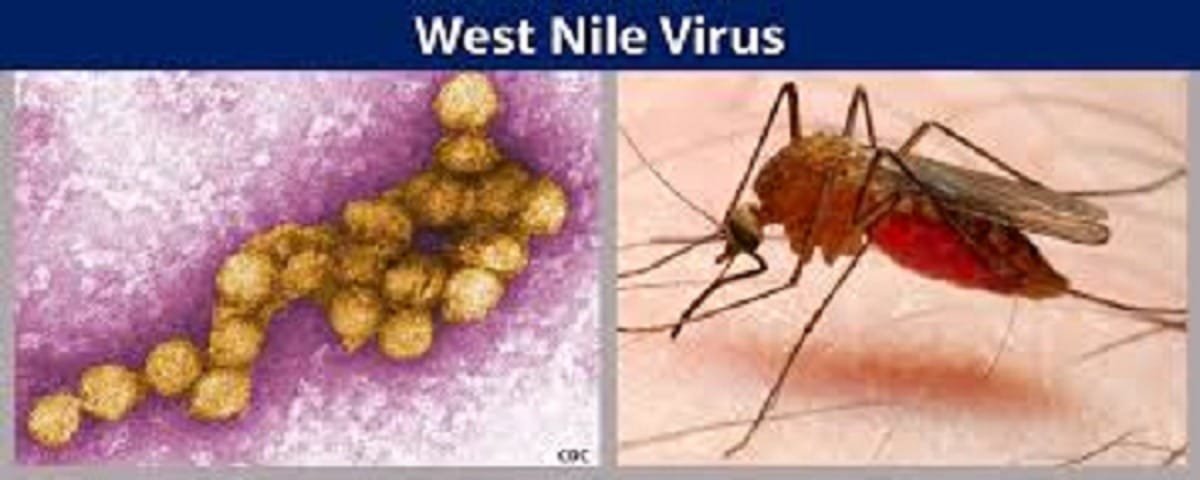In recent news, Israel has reported a concerning rise in fatalities linked to the West Nile Virus (WNV), with 21 confirmed deaths this season. As public health officials intensify their efforts to combat the spread of this mosquito-borne disease, it’s essential for residents and travelers to understand the virus, its symptoms, transmission methods, and preventive measures. This article delves into the details surrounding the outbreak, the importance of awareness, and ways to stay safe.
Understanding West Nile Virus
West Nile Virus was first identified in Uganda in 1937 and has since spread to various parts of the world, including North America, Europe, and the Middle East. It is primarily transmitted to humans through the bite of infected mosquitoes, particularly the Culex species. Birds serve as the main reservoir for the virus, and mosquitoes become infected when they feed on these birds.
Symptoms of West Nile Virus
Most people infected with the West Nile Virus do not exhibit symptoms. However, approximately 20% may develop mild symptoms, often referred to as West Nile Fever, which can include:
- Fever
- Headache
- Body aches
- Rash
- Fatigue
In more severe cases, which affect about 1 in 150 infected individuals, symptoms can escalate to neurological issues, such as:
- High fever
- Severe headache
- Stiff neck
- Confusion
- Tremors
- Convulsions
- Coma
These severe manifestations can lead to long-term complications or even death, especially in older adults and individuals with weakened immune systems.
Recent Outbreak in Israel
This year’s outbreak in Israel has raised alarm bells among health officials, particularly given the confirmed 21 fatalities attributed to the virus. The spike in cases has been linked to environmental factors, including increased rainfall and warmer temperatures, which create ideal breeding conditions for mosquitoes.
Government Response
In response to the outbreak, the Israeli Ministry of Health has ramped up efforts to control mosquito populations, including:
- Spraying insecticides in high-risk areas
- Launching public awareness campaigns about prevention
- Monitoring and reporting cases of the virus
Local Impact
The impact of the outbreak extends beyond health concerns; it affects local communities, tourism, and public perception of safety. Residents in affected areas are urged to stay informed and take necessary precautions.
Prevention Strategies
Preventing West Nile Virus requires a multi-faceted approach, primarily focusing on reducing mosquito exposure. Here are effective strategies to minimize the risk:
1. Eliminate Standing Water
Mosquitoes breed in stagnant water. Regularly check and eliminate any sources of standing water around your home, such as:
- Flower pots
- Bird baths
- Buckets
- Clogged gutters
2. Use Insect Repellent
When outdoors, especially during dawn and dusk when mosquitoes are most active, use EPA-approved insect repellents that contain DEET, picaridin, or oil of lemon eucalyptus.
3. Wear Protective Clothing
Opt for long sleeves and long pants when spending time outdoors. Light-colored clothing is also recommended, as it is less attractive to mosquitoes.
4. Install Screens
Ensure that windows and doors have screens to keep mosquitoes out. Repair any holes or tears in existing screens.
5. Stay Informed
Stay updated on local health advisories and reports regarding the West Nile Virus. This information can be critical for making informed decisions about outdoor activities.
Conclusion
The recent outbreak of West Nile Virus in Israel serves as a reminder of the importance of public health awareness and preventive measures. With 21 lives lost, the urgency for action is clear. By understanding the virus, recognizing its symptoms, and taking proactive steps to minimize exposure, individuals can contribute to their safety and the well-being of their communities.
As we move forward, it is crucial for everyone to remain vigilant and informed. For more updates, stay connected with local health authorities and reputable sources of information on infectious diseases. By working together, we can help mitigate the impact of West Nile Virus and protect our health.
Thanks for visiting Gymbag4u.com
You may also love reading our following articles. https://gymbag4u.com/human-papillomavirus-infection-hpv-vaccine-importance-for-girls/ and https://gymbag4u.com/importance-of-routine-home-cleaning-for-a-healthy-lifestyle/ and https://gymbag4u.com/cold-and-flu-season-prevention-and-management-strategies/
